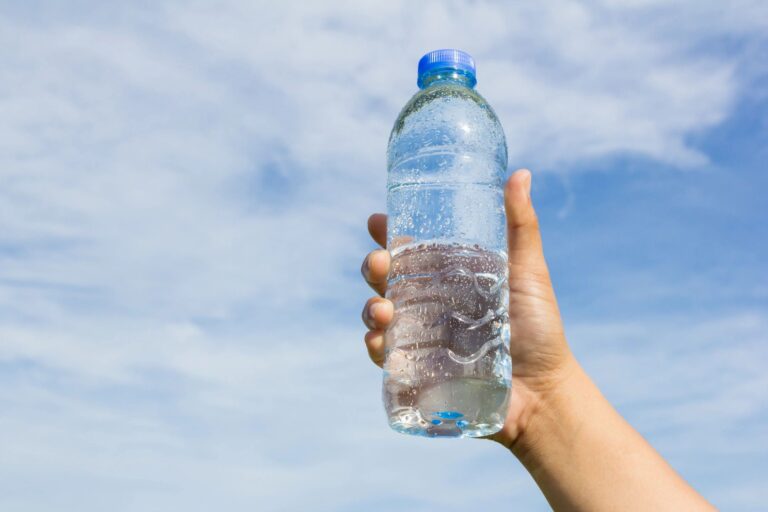By Sharon Lewis Summer is the time of year when you find the highest number of people outside enjoying the weather. The warmth offers a much-needed break from the cold. When the heat index rises, there are certain precautions that one should take to ensure safety. The heat index is a measurement indicating the level […]
TCO provides trust news, information and a voice where the interests of residents may be expressed. Contributing to positive change in the community.
Contact Us
11459 Mayfield Rd.
Cleveland, Ohio 44106
216 236-8081
- About Us
- Contact Us
- Site Map
- info@cleobserver.com
- editors4TCO@cleobserver.com
- sales@cleobserver.com
Pick Up Locations
The Cleveland Observer (TCO) is a non-profit 501(c)(3) organization funded through membership dues, subscriptions and donations, which provides and promotes civic, cultural, social, educational and recreational development and improvement in urban neighborhoods in Cleveland, Ohio








